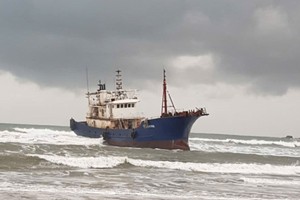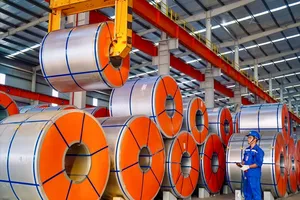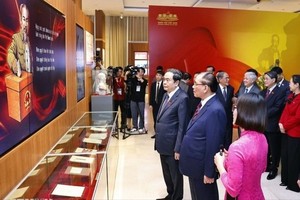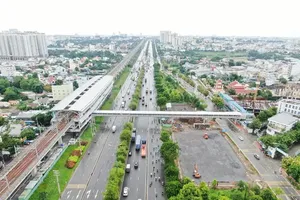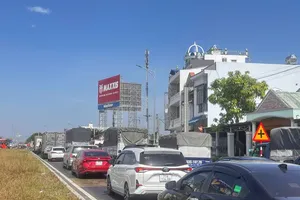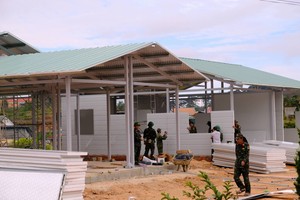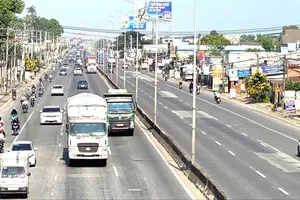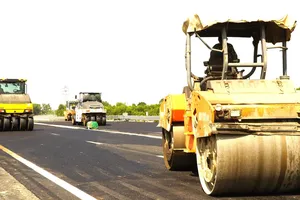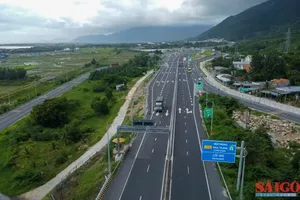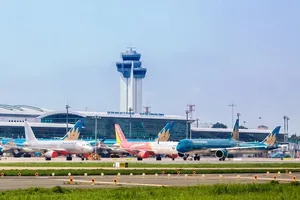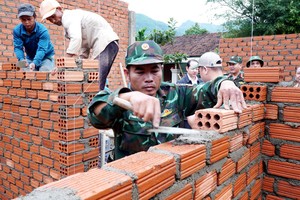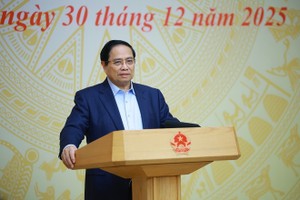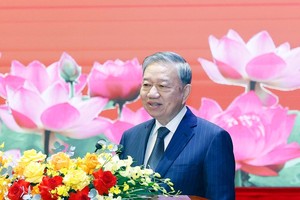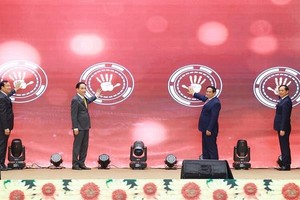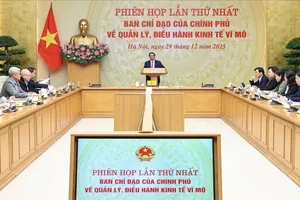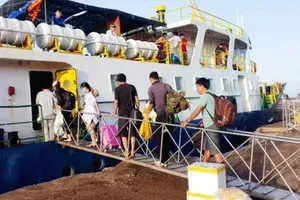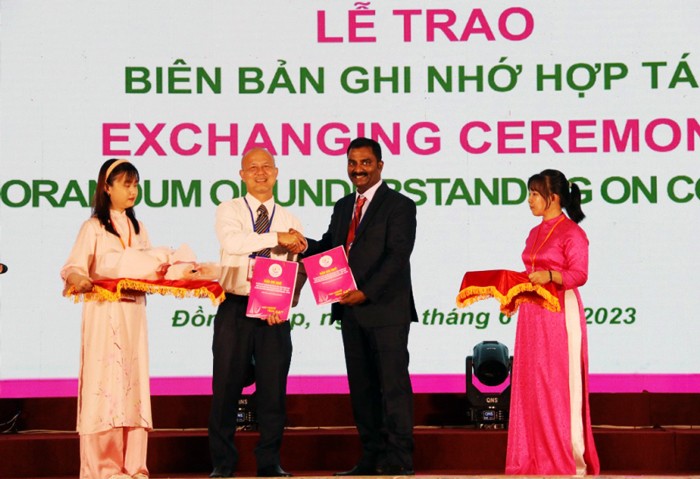
This issue was discussed by experts at the seminar on improving the investment and business environment towards a green economy and sustainable development in the Mekong Delta organized by the Vietnam Chamber of Commerce and Industry (VCCI) yesterday in Dong Thap Province.
According to VCCI’s assessment, the Mekong Delta region ranked third nationwide in the 2023 Provincial Competitiveness Index(PCI), which measures and evaluates the quality of economic governance, the friendliness of the business environment, and the administrative reform efforts of local authorities.
In addition to high ratings in components such as legal institutions, the lowest cost burden in the region, administrative reforms, and the dynamism and pioneering spirit of local authorities, issues like land access and the quality of human resources have not seen much improvement.
That’s why FDI enterprises are hesitant to invest in the Mekong Delta. According to Mr. Pham Ngoc Thach, Deputy Head of the Legal Department of VCCI, land is a very difficult issue for businesses to access, especially administrative procedures. In addition, taxes, fire prevention, and environmental protection also need to be addressed in the near future, along with promoting business support services.
Furthermore, the quality of labor training, in terms of scores, has not improved much over time and needs further enhancement.
On the sidelines of the seminar, General Director Toshiyuki Fukuda of Nippon Koei Vietnam International Company said that not only Japanese enterprises but also FDI enterprises consider proximity to major economic centers, comprehensive infrastructure, and major transportation hubs like seaports and airports as one of the most important criteria for choosing an investment environment.
Additionally, the availability of raw materials or areas with cheap labor is also a criterion for FDI enterprises to choose an investment environment. The Mekong Delta Province of Dong Thap has not satisfied the conditions like major economic centers or developed transportation hubs compared to other regions, but its surrounding radius is close to raw materials and cheap labor.
That could be an advantage to attract Japanese businesses shortly, said Mr. Toshiyuki Fukuda. Additionally, the locality should consider a one-stop service, as investors often have to go to many places to complete procedures when investing in a new location.
Director Nguyen Phuong Lam of VCCI in the Mekong Delta region stated that the Mekong Delta does not have many advantages in attracting FDI because it is an agricultural region, where domestic enterprises have more strengths than FDI enterprises. However, FDI enterprises can enhance the processing industry with the availability of good infrastructure.
Mr. Lam thinks that after having complete or basic industrial zones, FDI investors will be more inclined to invest, expressing hope that in the next 2-3 years, the infrastructure in the Mekong Delta will see breakthroughs. Besides the Government-invested infrastructure, Mr. Nguyen Phuong Lam emphasized that localities need strategic orientations to attract FDI investors to the Mekong Delta, especially infrastructure for industrial zones, logistics, and high-quality human resources.
According to experts at the seminar, improving the investment and business environment is not only an important factor in attracting investment and promoting economic growth but also a foundation for building a sustainable and prosperous economy for the Mekong Delta in particular and the country in general. This contributes to improving the quality of life for people, creating more job opportunities, and promoting community development.
